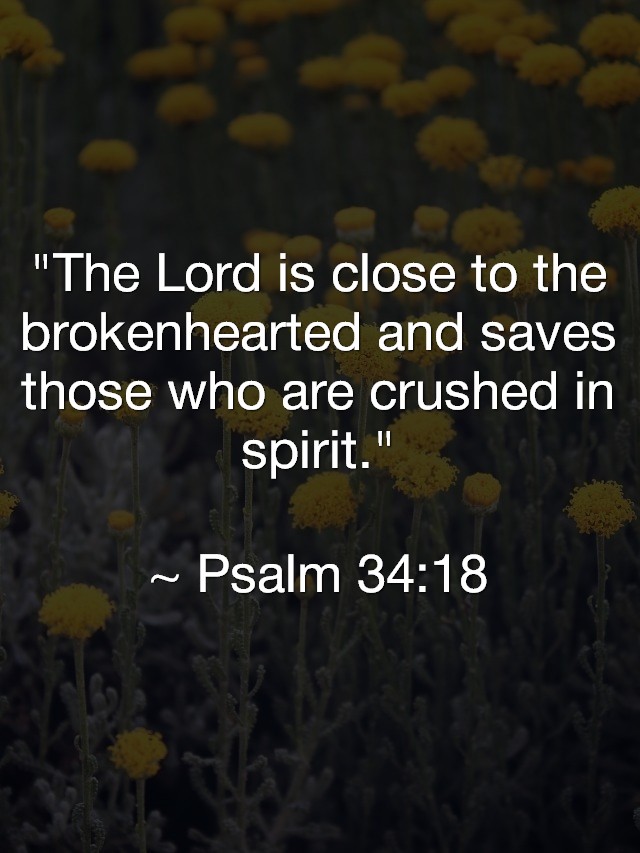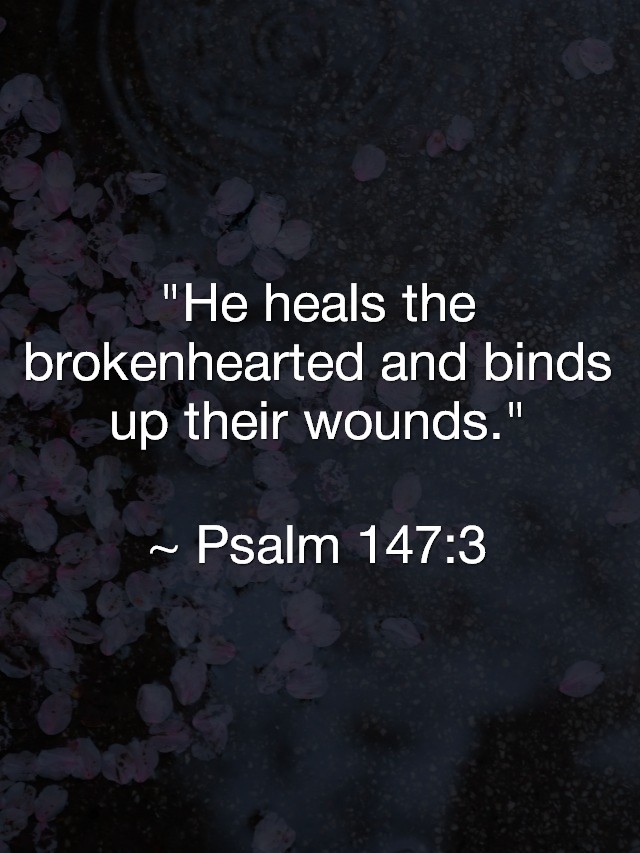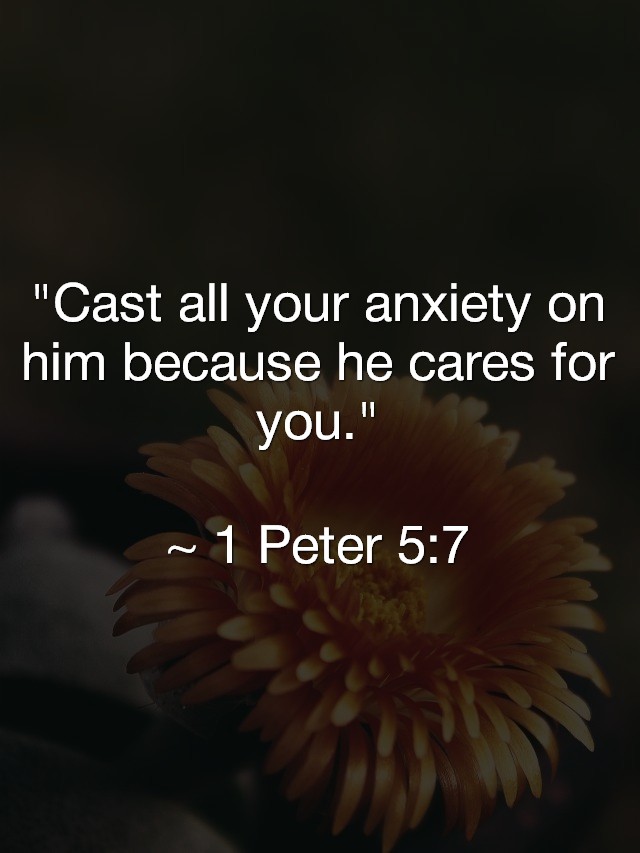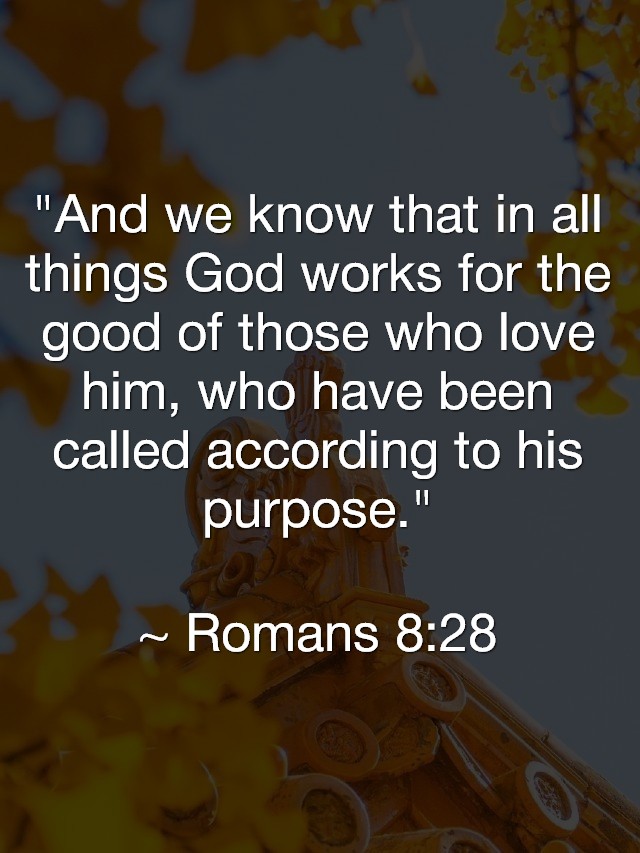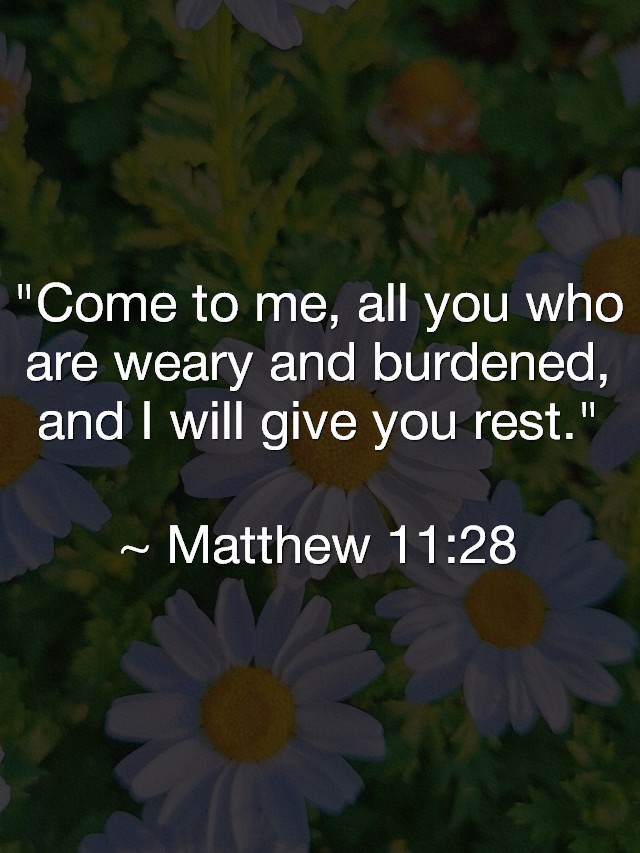Breakups are never easy, especially when they involve deep emotional connections and shared dreams. Your story of moving out of your boyfriend’s apartment after his relapse into intravenous fentanyl use is heart-wrenching. It’s clear that you invested a lot of love and hope into this relationship, only to be met with disappointment and pain. As a Christian, navigating this emotional turmoil can be particularly challenging, but there are ways to find healing and hope.
When we enter a committed relationship, we open ourselves up to deep vulnerability and trust. We envision building a life together, filled with love, respect, and mutual care. However, when addiction takes hold, it can shatter those dreams, leaving us grappling with immense pain, confusion, and a profound sense of loss.
The story shared here is a poignant reminder of how addiction can erode even the strongest of bonds. A once-promising relationship, built on the foundation of love and shared hopes for the future, was gradually corroded by the insidious grip of substance abuse. The lies, neglect, and emotional abandonment inflicted wounds that cut deep, leaving scars that may never fully heal.
As Christians, we are called to extend grace and compassion, even in the face of such heartbreak. Addiction is a complex disease that robs individuals of their ability to make rational choices, often leading them to prioritize their substance of choice over everything else, including the people they love most.
However, this understanding does not diminish the pain felt by those left in the wake of addiction’s destruction. The feelings of betrayal, the questioning of whether love was ever truly present, and the fear of never finding a life partner again are all valid and understandable emotions.
It is crucial to acknowledge and process these feelings, rather than suppressing them. Seeking support from trusted friends, family members, or a counselor can provide a safe space to grieve and begin the healing process. Engaging in activities that bring joy and fulfillment, such as the permaculture course and volunteer trip mentioned, can also help to restore a sense of purpose and self-worth.
Additionally, it is essential to recognize that while addiction may have played a significant role in the relationship’s demise, taking on the burden of guilt or self-blame is counterproductive. Addiction is a disease that affects not only the individual but also those around them. It is not a personal failing or a reflection of one’s worth.
As Christians, we can find solace in the knowledge that God’s love is unwavering, even in the darkest of times. He is the ultimate source of healing and restoration, and His plans for our lives are far greater than we can imagine. While the pain of heartbreak may feel overwhelming, it is temporary, and with time and faith, the wounds will begin to mend.
Proverbs 3:5-6 reminds us, “Trust in the Lord with all your heart and lean not on your own understanding; in all your ways submit to him, and he will make your paths straight.” In the midst of heartbreak, it can be challenging to see the path forward, but by surrendering our burdens to God and trusting in His perfect timing, we can find the strength to navigate even the most treacherous of journeys.
As you continue on your path to healing, remember that you are not alone. Seek out support, engage in activities that bring you joy, and above all, cling to the unwavering love and grace of our Heavenly Father. Though the road may be long and winding, with faith and perseverance, you will emerge stronger, wiser, and better equipped to embrace the blessings that lie ahead.

